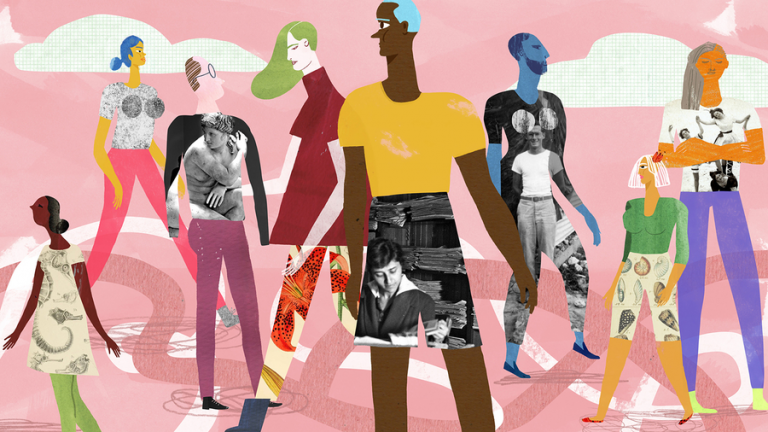
The concept, velocity has its origin in physics but has been adopted in other fields such as Economics, Business Studies, Philosophy etc. to explain the general workings of life. In physics, velocity entails speed and its direction; it is the rate of change of position with respect to a frame of reference and time. Therefore, velocity is used to determine the magnitude or speed of an object in a particular direction.
In monetary economics, the term velocity is used to explain the rate at which money exchanges hands in circulation. Since money is a legal tender, it has no real value of its own other than to serve as a medium of exchanging values in the economy. It is based on this that nations create wealth, and it is why nations where rich people hoard their money rather than allow it flow in circulation soon develop economic crisis.
Thus, regarding dealing with money, the rational mind sees himself not as a reservoir but as a river, and not as a holder but a conductor or a conduit of money. This mindset is especially important since the power of money is conceptual and money is measured in terms of the status of the state which is impacted by so many economic variables some of which are unforseen and disruptive.
Register for Tekedia Mini-MBA edition 18 (Sep 15 – Dec 6, 2025): registration continues.
Tekedia AI in Business Masterclass opens registrations.
Join Tekedia Capital Syndicate and co-invest in great global startups.
Register for Tekedia AI Lab: From Technical Design to Deployment.
Velocity can also apply in human social relations. In society, the rate at which people extend moral support and kindness to one another, especially during crisis, contributes to personal and social peace and happiness. I’ve described this as the velocity of kindness or the velocity of goodwill.
Kindness is an act of goodwill that we exhibit towards another without expecting to get anything in return from them, be it material or nonmaterial. Hence, kindness is not a relationship of reciprocity but a voluntary moral investment that has longterm social implications. Kindness is a seed, it requires time to grow and turn in a good harvest. Kindness usually gets its due appreciation long after it is planted.
Thus, when you are kind to people, and they don’t seem to appreciate you duly or immediately, the fault is not in the people — it is simply the nature of kindness to germinate in due course and time. And as for the people, a chain of events and experiences has to play out in their lives for them to be able to reach a true understanding of the meaning and purpose of your kindness in their own evolution.
In the following story of Paderewski and Hoover copied from Historyville’s Linkedln page, we can understand how the velocity of kindness play out in human relations:
An 18 years old student was struggling to pay his fees at Stanford University. He was an orphan, and not knowing where to turn to for money, he came up with a bright idea. A friend and he decided to host a musical concert on campus to raise money for their education. They reached out to the great pianist, Ignacy J Paderewski. His manager demanded a guaranteed fee of $2000 for the musical recital. A deal was struck and the boys began to work to make the concert a success.
The big day arrived. Paderewski performed at Stanford. Unfortunately, they had not managed to sell enough tickets. The total collection was only $1,600. Disappointed, they went to Paderewski and explained their plight. They gave him the entire $1600 plus a cheque for the balance of $400. They promised to honor the cheque at the soonest.
“No” said Paderewski. “This is not acceptable.” He tore up the cheque, returned the $1,600, and told the two boys: “Here is the $1,600. Please deduct whatever expenses you have incurred. Keep the money you need for your fees. And just give me whatever is left”. The boys were surprised and thanked him profusely. It was a small act of kindness. But it clearly marked Paderewski as a great human being.
Several after, Paderewski became prime minister of Poland. He was a great leader, but unfortunately, when the world war began, Poland was ravaged. There were more than 1.5million people starving in his country, and no money to feed them.
Paderewski did not know where to turn for help. He eventually reached out to the US Food and Relief Administration for help. The head of the organization was a man called Herbert Hoover who later went on to become the 31st President of the United States. Hoover agreed to help and quickly shipped tons of food grains to feed the starving Polish people.
A calamity was averted. Paderewski was relieved. He then decided to go across yo Hoover and personally thank him. When Paderewski began to thank Hoover for his noble gesture, Hoover quickly interjected and said:
“You shouldn’t be thanking me Mr Prime minister. You may not remember this, but several years ago you helped two young students go through college in the US. I was one of them” Hoover said.



